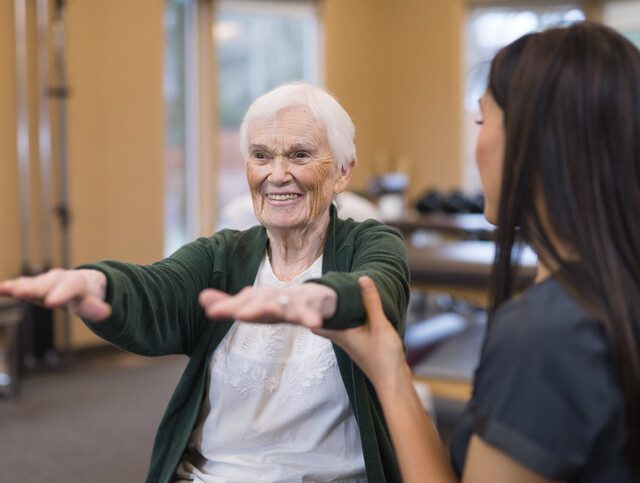During cold and flu season—which runs roughly from October through February—seniors are especially at risk for complications related to these illnesses. That’s why it’s so important to take steps to mitigate your risks of becoming sick. In this article, we will give you five helpful tips related to your diet and lifestyle that you can use this winter season to help combat colds and the flu.
1. Stay Up to Date on Vaccinations
The flu vaccine—recommended annually by the CDC for everyone above the age of 6 months—is your best line of defense. So, if you haven’t gotten yours yet, now is a great time to do so. You can get a flu shot at your local doctor’s office or pharmacy, as well as from some local health departments. This time of year has also historically seen surges in the prevalence of COVID-19, which continues to be even more severe than the flu for older adults. Ensure that you stay up to date with any vaccines or recommended boosters to mitigate your risks.
2. Wash Your Hands Often
After getting vaccinated, one of the best prevention strategies against cold, flu and related viruses is to wash your hands often. Wash your hands before eating, after using the bathroom, using public handrails or escalators, or after coughing or sneezing. Use warm water and soap and scrub your hands for at least 20 seconds. Wash between fingers, under nails and around wrists. Dry your hands on a paper towel instead of letting them air dry (germs can still live on wet surfaces).
If you don’t have access to a sink or soap, use hand sanitizer containing at least 60% alcohol as a substitute until you can wash your hands properly.
3. Practice Healthy Habits and Stay Hydrated
Eating nutritious foods will help keep your immune system strong so that it can fight off viruses more effectively. Drinking enough water will also help keep mucous membranes moistened; one of their main jobs is preventing germs from spreading through bodily fluids like saliva or tears. Staying hydrated can also prevent dehydration-related complications later on down the line.
Remember to get plenty of rest and avoid contact with sick people as much as possible. Resting will help you recover faster if you do get ill, and staying away from others who are sick will prevent them from passing along their germs to you.
4. Avoid Crowds or Unnecessary Travel
Colder weather brings more of us indoors, which can lead to more crowding in public spaces, including grocery stores and other shopping venues. One of the easiest ways to avoid getting sick is to limit gatherings and avoid large crowds in enclosed public spaces. If you are hosting holiday parties or other celebrations, remind your guests to stay home if they are feeling unwell. Socializing is a key part of our overall health, but it’s important to do so responsibly during the height of cold and flu season.
5. Seek Treatment Early and Stay Home if You’re Sick
If you do find yourself feeling ill despite taking precautions, seek out treatment early. Colds, flu and COVID-19 share many symptoms, and the only way to be sure which you are experiencing is by seeking a medical diagnosis. For the flu and COVID-19, there are additional therapies available that may reduce your chances of severe illness or complications. During your recovery, you will want to stay home, rest and keep hydrated. If you must go out, wear a mask to reduce the risk of spreading illness to others.
Get More Wellness Resources at Village on the Green
Village on the Green is a retirement community in Orlando, Florida that caters to sophisticated and vibrant seniors embarking on the next chapter of their lives. Here, we have created a culture of wellness that is our top priority. We offer residents numerous opportunities to learn, play and grow with access to personalized wellness plans, on-site health services and exceptional amenities and services. See for yourself what living at Village on the Green is really like. Learn more and schedule a tour here, or complete the form below.


